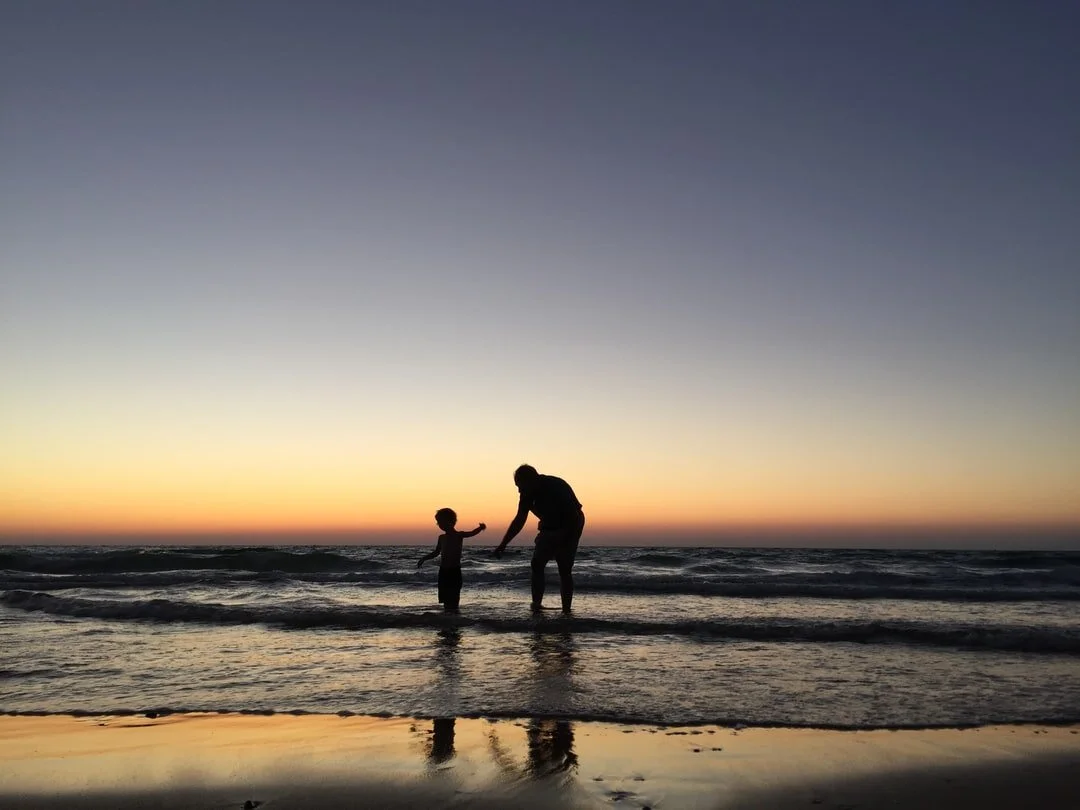How does your personal history play into your parenting?
Written by Dr. Komal Gupta
Photo by Dvir Adler on Unsplash
“If there is anything that we wish to change in the child, we should first examine it and see whether it is not something that could better be changed in ourselves.”
Parenting books have their limitations because they often focus on how to parent a child without considering the personal histories of parents. No one enters parenting as a blank slate. Our personal histories not only influence how we parent but also shape how we react to a child’s behavior and how we respond to our child when we behave in undesirable ways.
A child’s behavior can activate undesirable emotions and/or thoughts because their behavior might knowingly or unknowingly remind you of a parent or a sibling. Suppose that your parent had a demanding and controlling parenting style in which you were denied self-ownership, privacy and space. Their attempt to control you might have activated a range of feelings (e.g., anger, sadness, anxiety) and thoughts (e.g., inadequacy, self-doubt, fear of failure). It is likely those feelings and thoughts might be triggered when you perceive your child behaving in similar controlling and demanding ways.
Alternatively, if you behave in an undesirable way that reminds you of a parent or a sibling, it can also activate deep-rooted fears and anxieties of becoming like that family member (e.g., controlling and demanding) and negatively impacting your child in the same way you were affected (e.g., your child feeling inadequate, anger etc.). In efforts to cope with reenacting undesirable parenting behaviors, you might react in ways that also resemble how you might have coped in childhood. For example, you might avoid your child, you might try to overcompensate in other ways to prevent your child from being angry or upset with you again, or you might blame your child for your undesirable behaviors “you acted this way and that made me do this.”
A child’s behaviors can also activate you if they remind you of parts of yourself or your life that you find less desirable. For example, if you were shamed for “being emotional” as a child, and you believe your child is “being emotional”, it might trigger you in different ways. You might be quick to shut down your child’s emotions, you might avoid setting limits with your child when they “act out” negatively on their emotions, and/or you might shame your child for having the emotion (“why are you acting like a baby!”).
In summary, when we have emotional reactions that are disproportionate to the situation at hand, it can be helpful to reflect on what specific behaviors feel particularly activating and what/who it might remind you of. Keep in mind, that we may not always have an answer when we reflect; however, staying curious about our reactions can be informative at times. By becoming more aware of how your personal history plays a role in your parenting, it can help with identifying your triggers, making changes, and figuring out how to develop and maintain a meaningful parent-child relationship.

